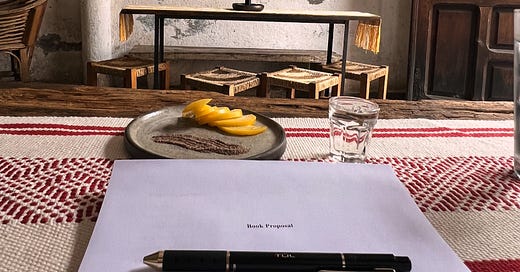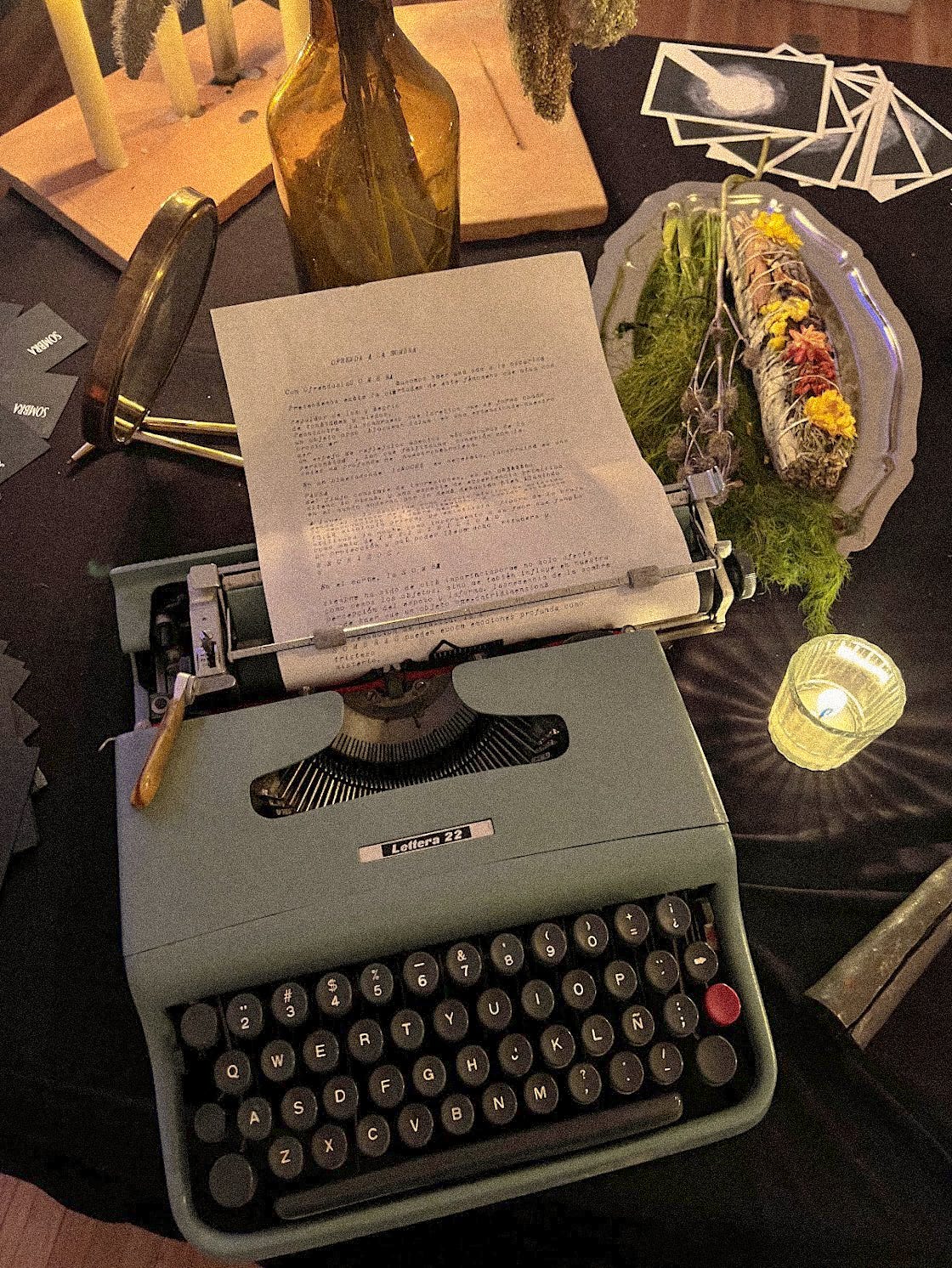In Roxane Gay’s MasterClass, Writing for Social Change (something we need a lot more of in the U.S. right now), she shares that she began writing at just four years of age. It was intrinsic to her being. Her mom nutured her gift by buying her a typewriter and later a word processor.
I use the word gift because having such a clear sense of your passions at an early age is one. I entered college without a direction. Hell, I graduated college without much of one. Becoming a writer was something I sort of fell into.
I was never a star student–quite the opposite, in fact. During elementary school parent-teacher conferences, my teachers would show my mom my grades–a series of Fs, followed by As, presumably after I had gotten into trouble and “applied myself.” By the time report cards came out, I’d usually settled into the C range. This infuriated my mom, who knew I was capable but also just defiant enough not to care.
I’d like to say this pattern didn’t continue through high school–only it did. I suppose school just didn’t interest me. I had a busy social life, a boyfriend, and I didn’t think much beyond that. I went to college because my friends were going, and somehow, I knew it was the direction I wanted to take. But as the first person in my family to go to college, I was in uncharted waters.
I dabbled in a few majors before settling on elementary education (which, in hindsight, is so obviously not the place for me). When asked to choose a core subject for my endorsement area, I approached the decision by process of elimination. Math and science? Absolutely not. That left English and social studies. I enrolled in three history classes, attended one day of lectures, and unenrolled that afternoon. English, it was.
I don’t know that I chose English so much as it was simply the best option. I did an observation in an elementary school and quickly realized that teaching young children was not my calling. I switched to high school education, only to reach the same conclusion. By the end of the year, I had dropped education altogether and become an English major. I liked the discourse surrounding literature–it made me think in ways I hadn’t before. I also thrived as an English major, earning the grades my mom knew I was capable of years earlier. That earned me scholarships and an assistantship to graduate school.
After finishing my master’s degree in English, my first job was in student affairs at a pharmacy college in St. Louis. There, I met Jeannette Cooperman, a prolific writer, who had briefly stepped away from journalism to run the college’s communication department and have the opportunity to teach.
After she interviewed me for an article and learned about my degrees in English, she asked, “Why don’t you write?”
The idea had never crossed my mind. Sure, I wrote academic papers about literature, but I had never considered writing creatively for a public audience.
Jeannette assigned me my first story for a staff newsletter, and soon, I was writing for the alumni magazine. She gave me detailed feedback–questioning my word choices, asking for more clarity when needed, and celebrating the moments when everything came together. I learned to write from her edits, though she insists I would have figured it out on my own.
When Jeannette became the editor at St. Louis Magazine, a role she quickly realized wasn’t for her–she is a writer through and through–she gave me a monthly column. I spent days crafting each of those stories. I lacked confidence and was still learning to write. It was a slow, painstaking process.
Recently, a friend–an editor in St. Louis–asked how I knew Jeannette. I told her the story.
“How did you get so lucky to have Jeannette Cooperman as one of the first people you met when you moved to St. Louis?” she asked.
“I don’t know,” I responded.
I credit Jeannette for my start in writing. She says I would have found my way to it eventually, that writing is embedded in who I am.
Perhaps, she’s right.
Writing has become so intrinsic to who I am as a person. I journal daily and feel off-kilter when I don’t write for a few days. I love thinking about language and syntax, and I enjoy the struggle of putting stories together.
Maybe writing was always waiting for me—I just needed someone to nudge me in the right direction.
For a long time, I thought I stumbled into this path, that it was a matter of luck or circumstance. But maybe, like Roxane Gay with her childhood typewriter, I was always meant to find my way here. Maybe writing was never a choice, but an inevitability.







Love it!
I love this so much